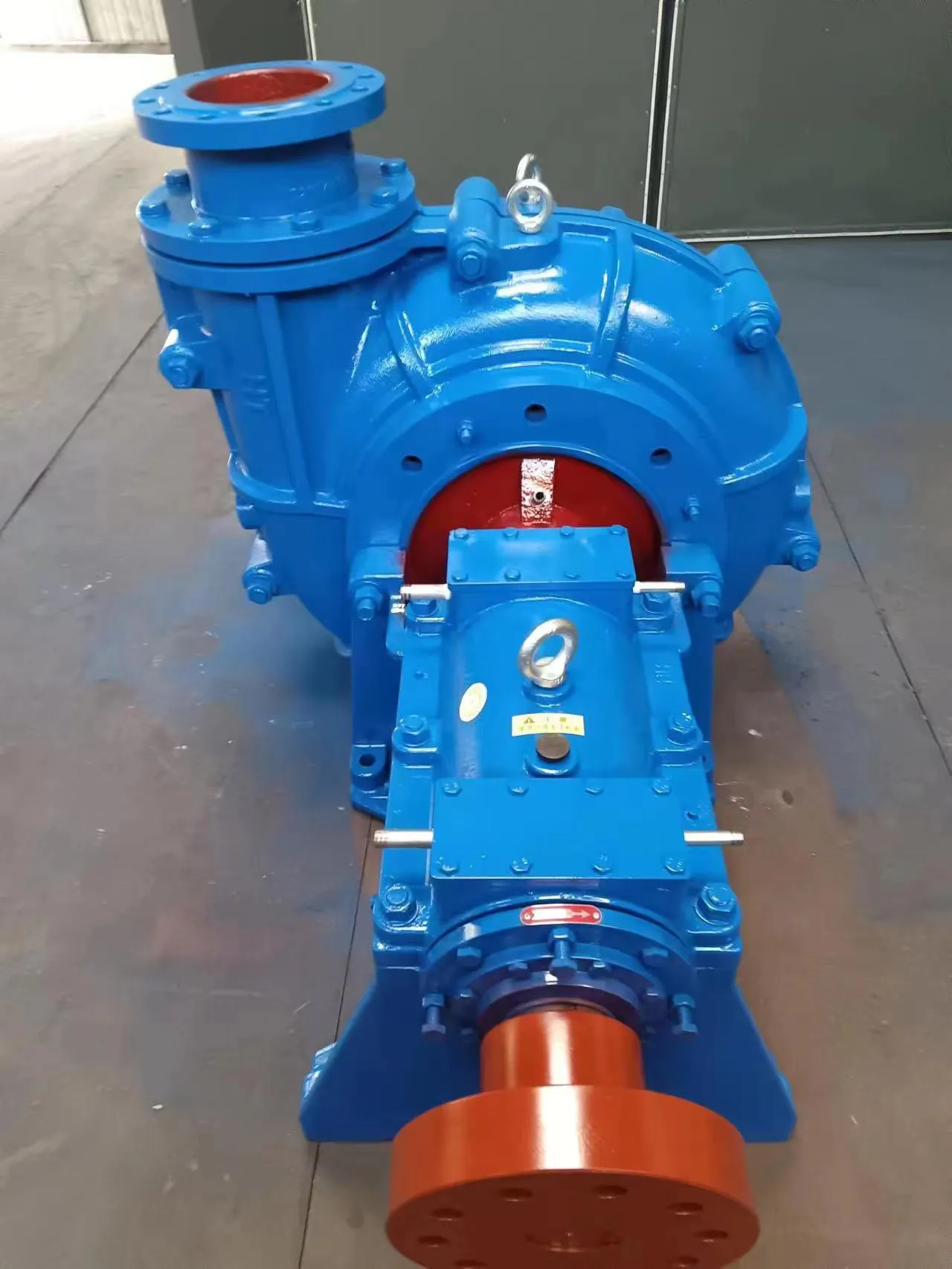Welsh
- Afrikaans
- Albanian
- Amharic
- Arabic
- Armenian
- Azerbaijani
- Basque
- Belarusian
- Bengali
- Bosnian
- Bulgarian
- Catalan
- Cebuano
- Corsican
- Croatian
- Czech
- Danish
- Dutch
- English
- Esperanto
- Estonian
- Finnish
- French
- Frisian
- Galician
- Georgian
- German
- Greek
- Gujarati
- Haitian Creole
- hausa
- hawaiian
- Hebrew
- Hindi
- Miao
- Hungarian
- Icelandic
- igbo
- Indonesian
- irish
- Italian
- Japanese
- Javanese
- Kannada
- kazakh
- Khmer
- Rwandese
- Korean
- Kurdish
- Kyrgyz
- Lao
- Latin
- Latvian
- Lithuanian
- Luxembourgish
- Macedonian
- Malgashi
- Malay
- Malayalam
- Maltese
- Maori
- Marathi
- Mongolian
- Myanmar
- Nepali
- Norwegian
- Norwegian
- Occitan
- Pashto
- Persian
- Polish
- Portuguese
- Punjabi
- Romanian
- Russian
- Samoan
- Scottish Gaelic
- Serbian
- Sesotho
- Shona
- Sindhi
- Sinhala
- Slovak
- Slovenian
- Somali
- Spanish
- Sundanese
- Swahili
- Swedish
- Tagalog
- Tajik
- Tamil
- Tatar
- Telugu
- Thai
- Turkish
- Turkmen
- Ukrainian
- Urdu
- Uighur
- Uzbek
- Vietnamese
- Welsh
- Bantu
- Yiddish
- Yoruba
- Zulu
Telephone: +86 13120555503
Email: frank@cypump.com
Tach . 12, 2024 12:30 Back to list
slurry pump
Understanding Slurry Pumps Key Features and Applications
Slurry pumps are essential components in various industries that involve the transportation of slurries—mixtures of liquid and solid materials. These pumps are specifically designed to handle abrasive and corrosive materials that cannot be transported efficiently by standard pumps. This article delves into the characteristics, functions, types, and applications of slurry pumps, highlighting their importance in industrial operations.
Key Features of Slurry Pumps
1. Construction Slurry pumps are typically made from robust materials such as cast iron, stainless steel, or specialized alloys. This construction ensures that they can withstand the wear and tear associated with handling abrasive materials. The impellers and liners of slurry pumps are often designed to be easily replaceable, further extending the pump's lifespan.
2. Design The design of a slurry pump significantly differs from that of conventional pumps. It features larger inlet and outlet ports to accommodate the viscous nature of slurries. Additionally, the pumps often have a volute casing or a centrifugal design that allows for optimal flow and reduces the risk of clogging.
3. Performance Slurry pumps are capable of handling high solids concentrations, making them ideal for operations where water and solid particles must be transported together. They are designed to operate efficiently over a wide range of flow rates and pressures, ensuring that they can meet the demands of various applications.
Types of Slurry Pumps
There are several types of slurry pumps, each catering to specific needs and applications
1. Centrifugal Slurry Pumps These are the most common type and utilize centrifugal force to move slurries. They are suitable for low to medium solid concentrations and can handle various flow rates.
2. Positive Displacement Pumps These pumps are used for higher solid concentrations and are ideal for slurries that require precise metering. They operate by trapping a fixed amount of slurry and forcing it through the discharge.
slurry pump

3. Submersible Slurry Pumps Designed to operate underwater, these pumps are commonly used for dewatering applications in mining and construction. They help prevent flooding and efficiently remove water mixed with sediments.
Applications of Slurry Pumps
Slurry pumps play a crucial role in numerous industries, including
1. Mining In the mining industry, slurry pumps are used to transport ore slurries, tailings, and waste materials from excavation sites to processing facilities. Their ability to handle high solid content makes them indispensable in this sector.
2. Construction During construction projects, slurry pumps are utilized for dewatering purposes and for handling mixed materials from construction sites. This prevents water accumulation, ensuring a safer and more efficient working environment.
3. Chemical Processing Slurry pumps are used in the chemical processing industry to transport slurries containing reactive chemicals. Their robust design ensures safety and reliability when dealing with corrosive substances.
4. Wastewater Treatment In wastewater treatment plants, slurry pumps are essential for transporting sludge and other waste materials, helping maintain the efficiency of the treatment process.
Conclusion
In summary, slurry pumps are vital for industries requiring the transportation of slurries containing solid particles. Their unique design and robust construction enable them to handle abrasive and corrosive materials effectively. As industries continue to evolve, the demand for efficient slurry transport solutions will lead to advancements in slurry pump technology, further enhancing their performance and application versatility. Understanding the features and applications of slurry pumps can help businesses choose the right pump for their specific needs, ensuring operational efficiency and safety.
-
ISG Series Vertical Pipeline Pump - Chi Yuan Pumps Co., LTD.|Energy Efficiency, Corrosion Resistance
NewsAug.03,2025
-
ISG Series Pipeline Pump - Chi Yuan Pumps | Energy Efficiency&Compact Design
NewsAug.03,2025
-
ISG Series Vertical Pipeline Pump - Chi Yuan Pumps Co., LTD.|High Efficiency, Low Noise, Durable
NewsAug.02,2025
-
ISG Series Vertical Pipeline Pump - Chi Yuan Pumps | High Efficiency, Low Noise
NewsAug.02,2025
-
ISG Series Vertical Pipeline Pump- Chi Yuan Pumps Co., LTD.|High Efficiency&Compact Design
NewsAug.02,2025
-
Heavy-Duty Mining Sludge Pumps - Wear-Resistant Slurry Handling
NewsAug.02,2025










